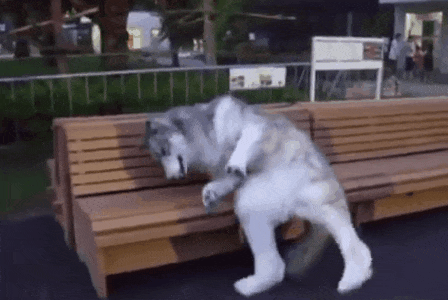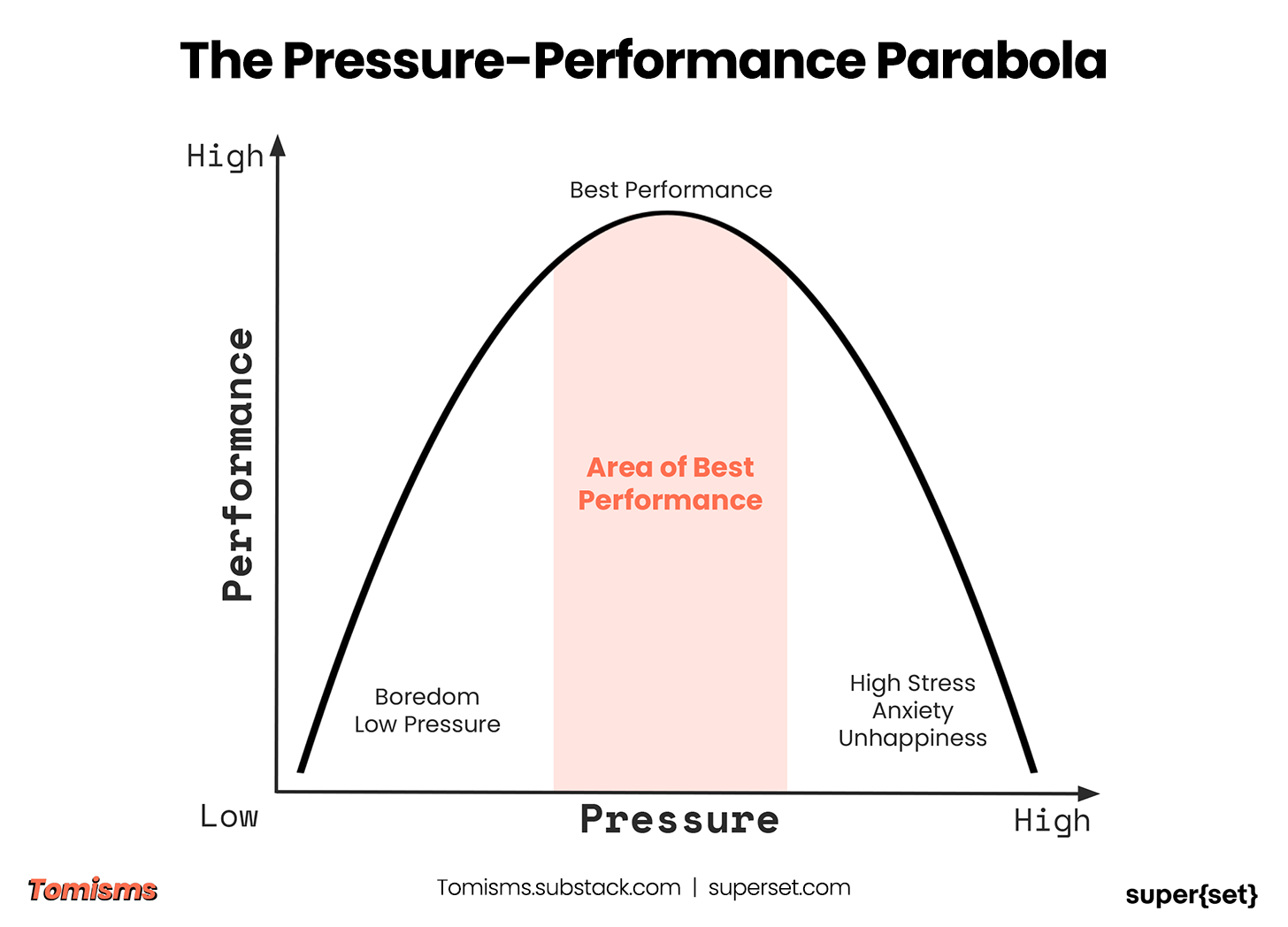To Be a Successful Entrepreneur, Go the F*ck to Sleep
Take a GD nap.
My Take:
Many years ago, I used to rise at 7, get into the office by 7:45, leave at 11 pm, get home by midnight, take a shower, collapse into a heap and fall asleep – then I’d wake up in the morning and do it all again. Saturdays were workdays. Sundays were half days. I did this for 6 years straight during the run of my first startup. The reason was simple: I thought it was what was required to win.
I had a finger in every pie and in every hole of every breach of every dike. I was irritable, stressed, and incoherent most of the time -- but dammit, I was putting in the hours. I was proving I could do the work – no matter the cost to my body, my sanity, or my longevity.
Six years is a long time to burn the candle at both ends and, surprising to nobody, it eventually caught up with me. I started to feel physically awful all of the time.
One day in my mid-30s, a sudden recognition washed over me: I might’ve been working my company toward a big exit but I was simultaneously working my body toward a heart attack. Realizing that I was working myself to death spawned a lot of questions: Was dying at 40 or 50 worth it if there were exits and acquisitions and dollar signs in my rear view mirror when I dropped dead? I needed to make drastic changes, and I needed to make them quickly.
My biggest learning was that I couldn’t – and shouldn’t – have a finger in every pie. My role as CEO was to coordinate, involve, intrigue, and hopefully inspire others to do what we needed to do for the company to succeed. In other words, I needed to delegate.
Besides delegating, tuning up my workouts, and getting into better eating habits, the most important commitment I made was to get regular, uninterrupted, abundant sleep. It was a game changer. Suddenly, all the things that seemed impossible or daunting became clear. Small annoyances that used to drive me up the wall bounced off my back. My thinking, my work, my output, my interactions, my collaboration with co-workers, investors, family, friends -- everything became 10X better.
I couldn’t keep this revelation to myself. I decided to bring my newfound love of sleep to anyone who would listen, including work colleagues. I required couches and dedicated nap rooms in all of our offices. I proudly took naps in front of the whole company so my employees could understand that it wasn't just okay -- it was absolutely encouraged. When I went to overseas offices and was feeling jet-lagged, I'd take public naps to model the behavior I wanted to see.

In tense moments during meetings, I'd ask in a friendly way, "Hey, you're not making a ton of sense right now -- I've been there myself. Do you want to talk about this again after you've had a short nap? I'll be around."
I think some of my more junior colleagues might have just humored me. There might have been a sense of: “oh, this works for you now that you’re a CEO but if you were napping on the job at 22, nobody would find your behavior empowering or endearing.”
I hear that. There’s no doubt that you need to push, push, push when you’re early in your career and getting your sea legs.
When I didn't know what I was doing, I had to compensate for my knowledge gaps with heavy doses of work. The question is: Was it productive? Was it proportionate to the output I generated? The answer for me and everyone I talk to is, No.
I was on the right-hand side of my Stress-Performance Parabola, thrashing and kicking and kachunking all the time, but with little efficiency and too little output to show for it. I see some people who are earlier in their careers now who are extremely ambitious, but much smarter than I was about how they expend their calories and time at work while maintaining a healthy, durable commitment to self-care. These people understand that their sleep doesn’t impede their success, it fuels it.
A successful, long-lasting career is a marathon, not a sprint. If you blow out your adrenal glands and your body and mind too early, you don't have enough gas in the tank to seize the advantage and soar to higher heights later -- after you actually know what you're doing, what matters, what ditches to die in, which ones to avoid.
Don’t get me wrong, I'm still working long, hard hours, through weekends and evenings, but no one -- and I mean no one -- is ever allowed to mess with my sleep. It’s not just a personal preference, it’s a performance prerogative. We have a whole generation of under-performing business people who think they need to work outrageous hours to prove that they've got the stuff. Adding an hour to everyone's sleep every night has to be worth at least multiple percentage points of improvement in GDP, heart health, and avoidable, stress-related injuries, accidents and deaths.





Well said. Also, that video of Samuel Jackson reading the book has long been one of my favorite things ever. :)
Hey Tom, thanks for supporting a recent post of mine. I love this topic you covered. Sleep is key to sustainable performance. I have a question and this comes from my situation. I'm on the first rung of the ladder when it comes to building a writing presence.
My question: Whether it be building a writing presence or building a business, it seems like an incredible amount of effort is required to get it up and running. In that effort, it seems like sacrifices to sleep and so on might have to be made.
What's your take on the required approach for someone trying to get off the ground?